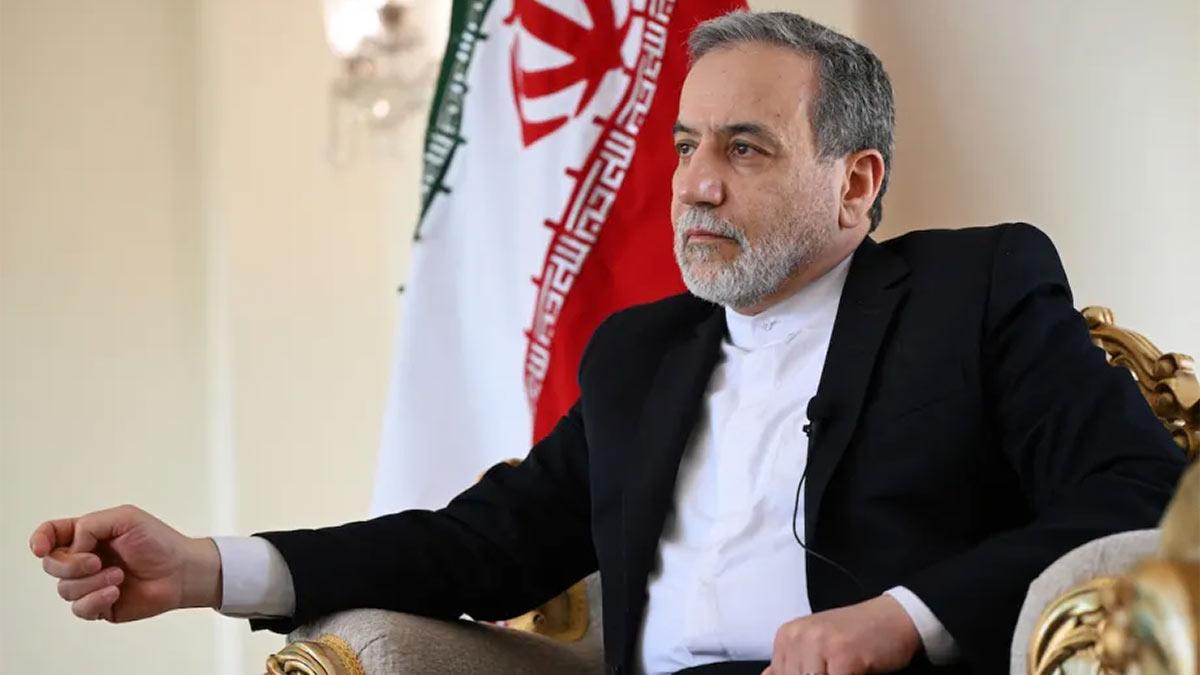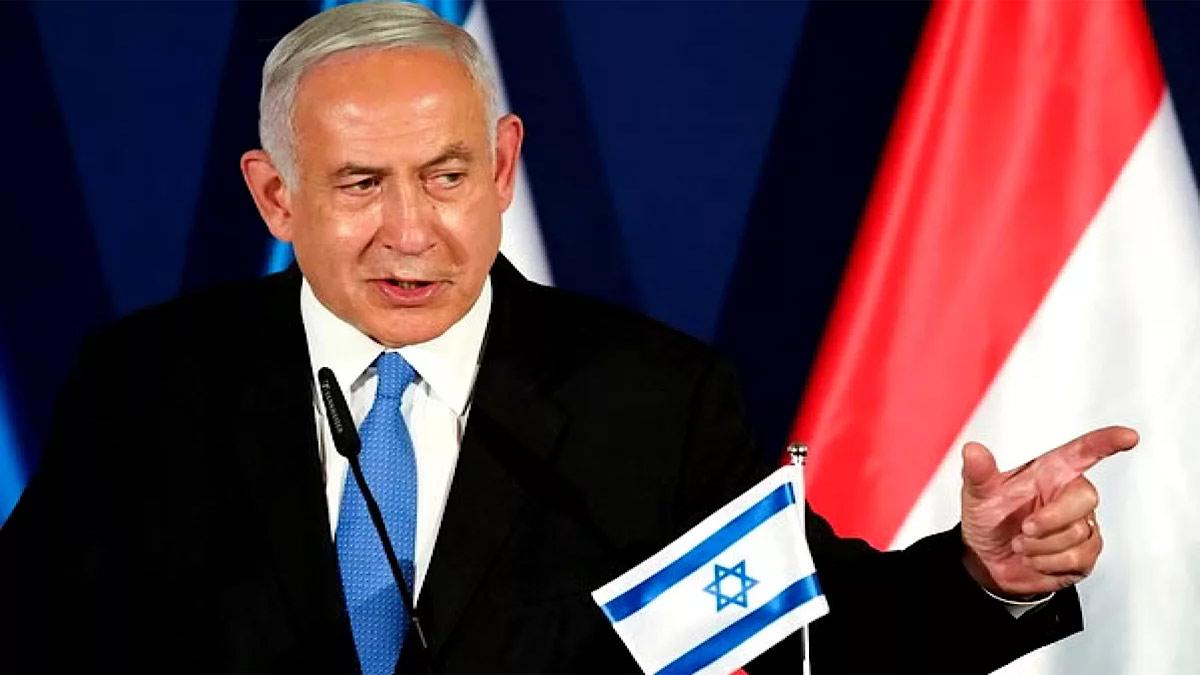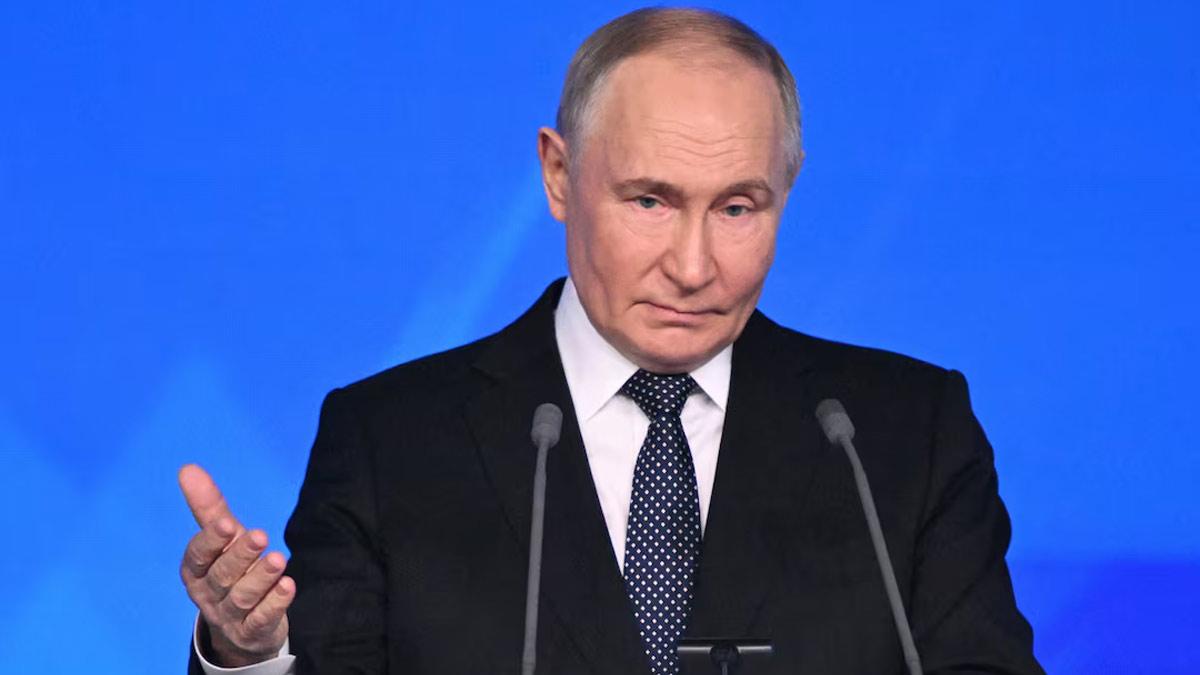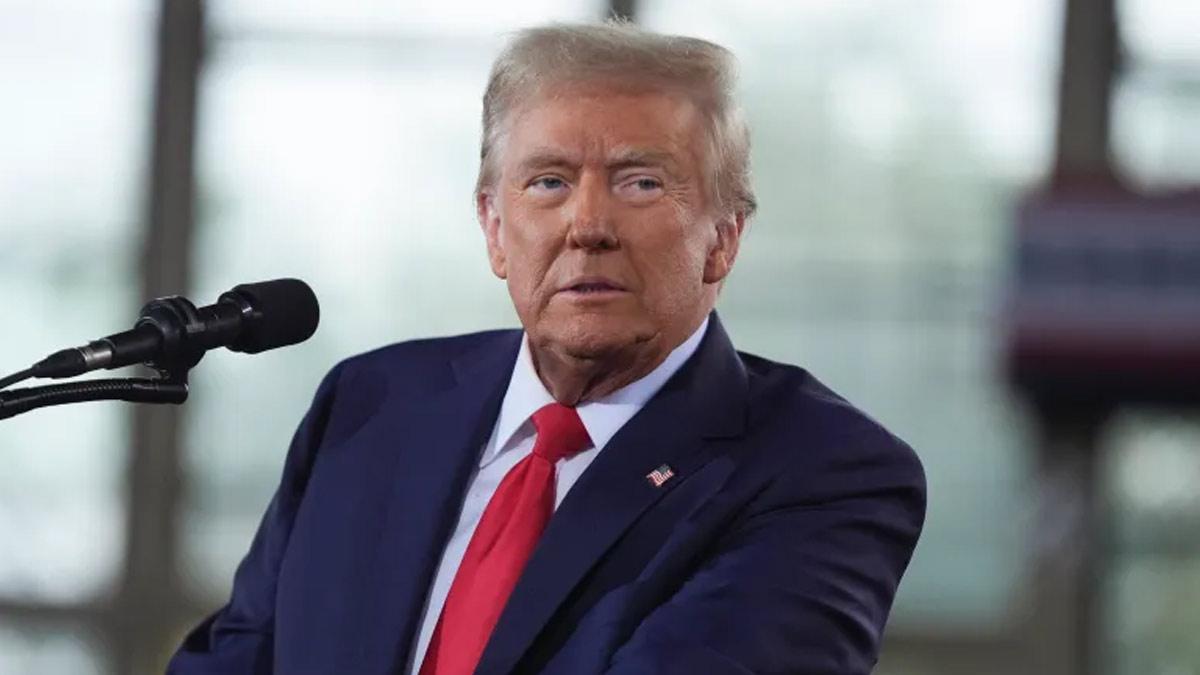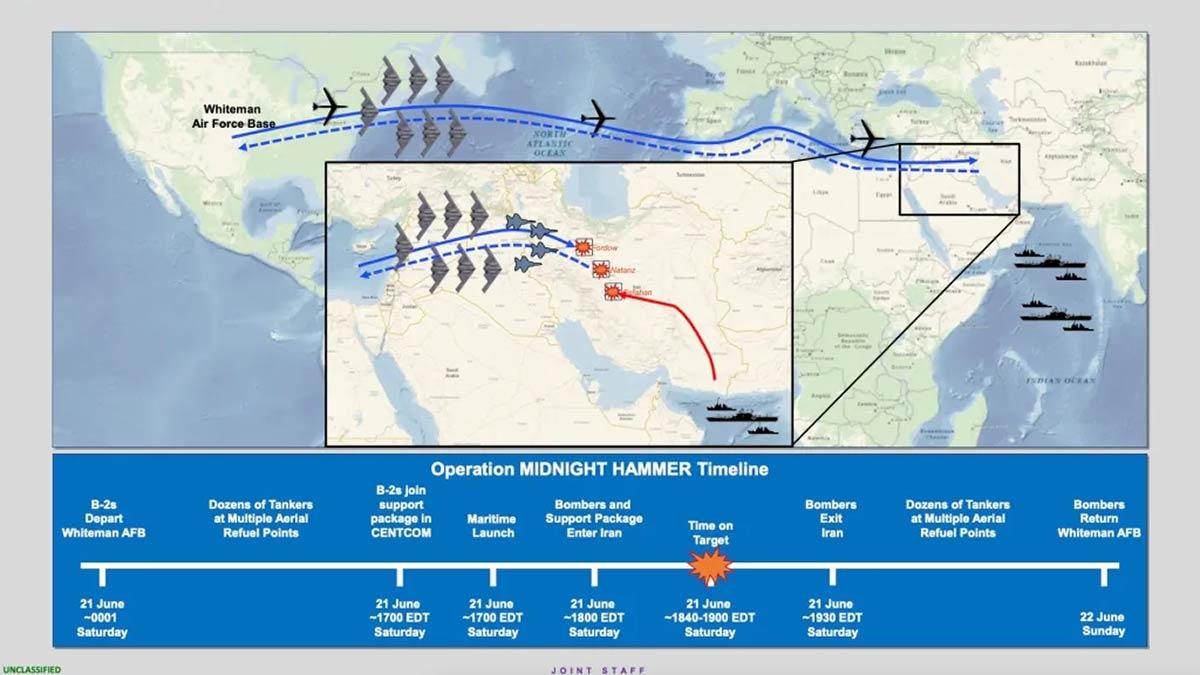Iranian Foreign Minister Abbas Araghchi said on Sunday that he was going to Moscow for emergency talks with Russian President Vladimir Putin, after overnight US airstrikes targeting Iranian nuclear sites.
Making the announcement on the sidelines of the Organisation of Islamic Cooperation (OIC) summit in Istanbul, Araghchi said the high-level meetings with Putin were planned for Monday morning.
The diplomatic initiative is in reaction to the most recent U.S. military action, which attacked three prominent Iranian nuclear facilities—a raid Washington has described as an act of preemption to bar Tehran from obtaining nuclear weapons.
"Russia is Iran's friend, we always consult with one another," Araghchi said to reporters. "I'm heading to Moscow this afternoon for serious consultations with the Russian president tomorrow morning."
The attacks, authorized by U.S. President Donald Trump late Saturday evening, were the ninth day of an ongoing aerial campaign by Israel targeting Iranian nuclear facilities.
The operation was meant to dismantle Iran's purported nuclear weapons programme, according to American officials.
Araghchi denounced the attacks in the strongest possible language, describing them as a blatant violation of international law and warning they had "crossed a very big red line by attacking nuclear facilities." Relying on Article 51 of the United Nations Charter, he emphasized Iran's right to self-defense: "We have to respond," he said.
In Russia, the country's former President Dmitry Medvedev, now Deputy Chairman of the Russian Security Council, strongly condemned Trump's action. Medvedev, writing on Telegram, said: "Trump, who entered as a peacemaker president, has begun a new war for America."
Medvedev also queried the effectiveness of the strikes, claiming they had done little to significantly weaken Iran's nuclear programme.
"Critical infrastructure of the nuclear fuel cycle seems to have been untouched or suffered only small damage," he pointed out. "The nuclear material enrichment—and now we can say it outright, future nuclear weapons production—will just go on."
He went further in asserting that "a number of countries are prepared to supply Iran directly with their own nuclear warheads," though he did not specify countries.
Medvedev cautioned that the Israeli public was now increasingly under threat, citing bombs in various parts of Israel. "The US is now involved in a new war, with the threat of a ground invasion on the cards," he said.
He also contended that the strikes only strengthened Iran politically. "Iran's political regime has survived—and in all probability, has emerged even stronger. The people are rallying around the spiritual leadership of the nation, including those who were indifferent to or opposed to it before."
In Istanbul, meanwhile, Araghchi categorically ruled out the possibility of Iran going back to the negotiating table under the present situation: "We were in the process of diplomacy. We were in the process of negotiations with the United States when Israelis sabotaged it," he said.
He added that negotiations with European delegates had been ongoing in Geneva just two days prior to the attacks. "Again, this time, Americans chose to sabotage it," he said. "So it was not Iran, but the US who sabotaged diplomacy. They sabotaged negotiations."
Iran's foreign minister finished by condemning the Trump administration's interference in disrupting the peace process: "They have shown that they are not men of diplomacy, and they only speak the language of threat and force. And that is very unfortunate," Araghchi said.
Read also| Watch| Israel Strikes Iranian Airfields, Destroys F-14 Jet and Missile Depots
Read also| Government Refutes Claims That US Aircraft Used Indian Airspace for Strikes in Iran

